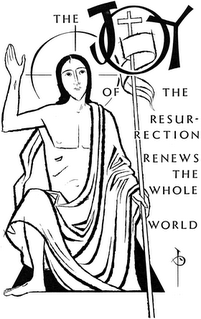It is a very rough life and few last. If I remember right of the five that are detailed in the Maguire book only one is still there some forty years after the five of them entered. One that didn't last is the author's husband. The book, a hardcover is under $8 for a new copy and is a great read--I would think an excellent Lenten book if you are still looking for one.
After reading An Infinity of Little Hours: Five Young Men and Their Trial of Faith in the Western World's Most Austere Monastic Order I found that I wanted to know more about the Carthusians and came across a book written about the same community in the past ten years. Then I came across Hear Our Silence
The third book that completed my trilogy of train depot luncheon reading, that brought me to the edge of Advent began in many ways like the other two. The book Clerical Error: A True Story (Handbooks of Catholic Theology)
Now I confess that my initial reason for reading Clerical Error did not come from an attempt to continue reading about monastic life, but rather from a manuscript that had been submitted to me some years ago by Bishop Mark Hurley that detailed the "other side" of Malachy Martin. I have recounted in other places on this blog some aspects of that manuscript but somehow I came across that the key actor in this story, Kaiser, had written a book detailing the account of Martin's "other side." This is a sad book, because although it begins with someone searching for God, it ends with someone in the atmosphere of Vatican II (when most of the story takes place at the Council)of throwing off God and going headon into the 60's lifestyle. Someday Kaiser may reread this book of his and see that he was closer to God picking apples for the Jesuits, than he is in slamming Pope Benedict for trying to repair a church that is falling into ruin. So this book is Lenten reading of a different sort, but in the end might not be a bad primer for why reform is so badly needed today.

